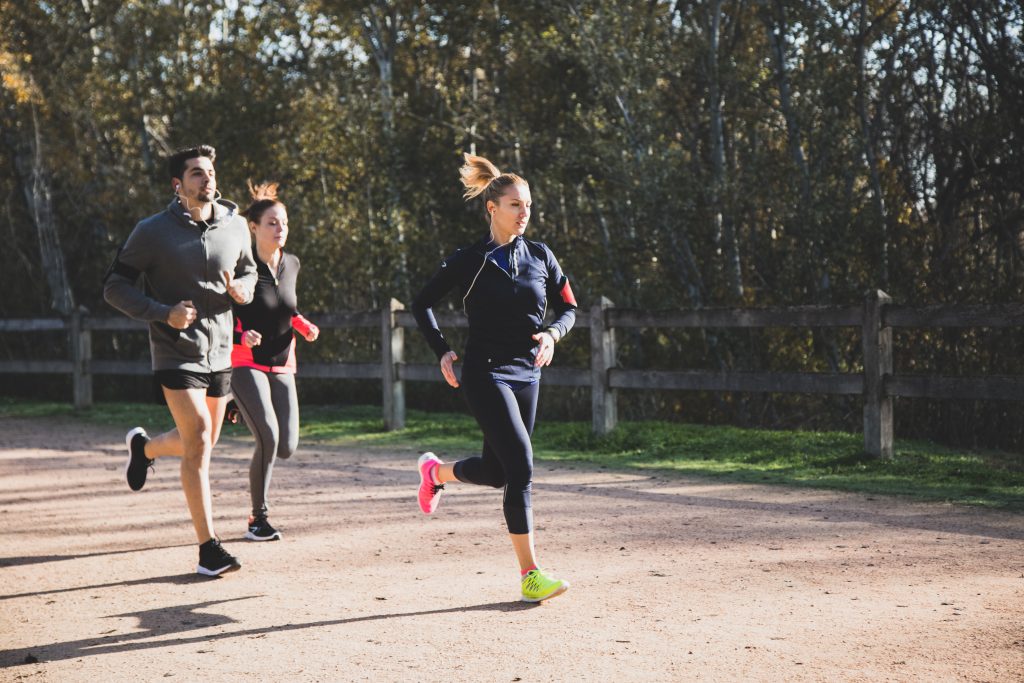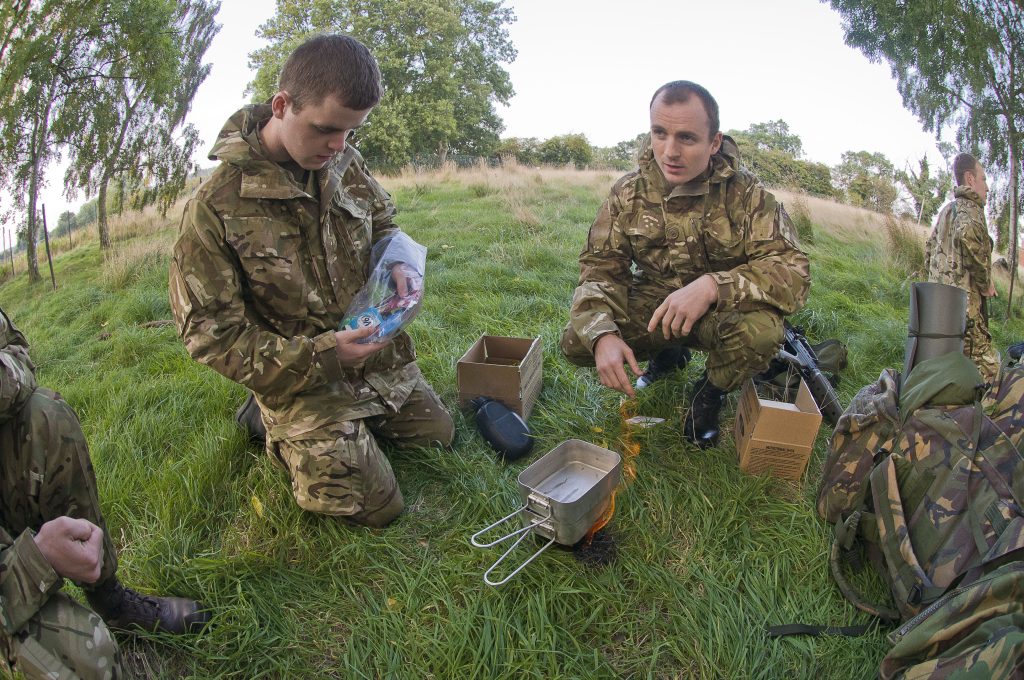So, you’re about to start preparing for British Army basic training—exciting, right? It’s totally normal to feel both pumped and a little nervous. Basic training is tough, no doubt about it. It’ll challenge you physically, mentally, and emotionally. But if you prepare well, you won’t just survive—you’ll thrive. Speaking from experience, I can tell you that proper preparation makes a massive difference in how you perform during training.
Let’s break down what to expect and how to best prepare for this intense but rewarding experience.
Get Physically Ready for British Army Basic Training
First things first—physical fitness. It plays a crucial role in preparing for British Army basic training, and you want to arrive in solid shape. The Army sets specific fitness standards, and they expect you to meet them. If you show up without being physically prepared, training will feel way harder than necessary.
Here’s how you can physically prepare:
- Cardio Fitness
Running will become a big part of your life in training. You’ll regularly do timed runs, often while carrying heavy kit. To prepare, start building your endurance early. Go for consistent runs, and focus on both your distance and speed. By the time you start training, aim to comfortably run 1.5 miles within the Army’s set time limits. - Strength Training
Basic training involves a lot of lifting, carrying, and climbing. Build strength in your legs, arms, and core now. Exercises like push-ups, pull-ups, squats, and deadlifts will get you prepared. A strong core is especially important because it helps with endurance and injury prevention. - Bodyweight Exercises
Many exercises during training will focus on using your own body weight—push-ups, sit-ups, and burpees, to name a few. Start incorporating these into your routine now, so you’ll feel comfortable when training begins. - Stretching and Recovery
Flexibility helps prevent injuries, and it’ll also aid your recovery after tough sessions. Stretch before and after your workouts. Incorporating dynamic stretches beforehand and static stretches afterward can help your muscles recover and prepare for the next session.

Mental Preparation: Strengthening Your Mind
Basic training challenges you mentally just as much as it does physically. Your mind will be pushed to its limits, and preparing mentally is just as important as any workout you do. Here’s how to get in the right headspace for preparing for British Army basic training:
- Adjust to Routine
The Army thrives on routine. You’ll wake up early, and your days will be filled with drills, physical training, and classroom work. Getting used to this structured routine beforehand will help you adjust quicker. Try waking up early now and structuring your days with clear tasks, so the Army’s timetable doesn’t throw you off. - Build Mental Toughness
There will be days when you feel drained and frustrated. You’ll need to develop resilience to push through those tough moments. Start building mental toughness now by setting challenging goals for yourself and following through, even when it’s hard. Pushing past your limits now will help you push through training later. - Embrace Teamwork
Basic training emphasizes teamwork. You won’t get through it alone, and the Army values cooperation and trust within a unit. Start working on your communication and collaboration skills now. Whether in sports or team projects, practicing teamwork early will set you up for success when the group tasks begin.
What to Expect During British Army Basic Training
Let’s dive into what you can expect during British Army basic training. Knowing what’s coming helps you mentally prepare for the road ahead.
- The First Few Weeks
The initial phase focuses on getting you familiar with Army life. You’ll receive your kit, meet your fellow recruits, and start learning basic military discipline. The instructors will also test your fitness early on to assess your starting level, and the drill sergeants will push you to master Army routines. - Physical Training (PT)
PT will be a daily part of your life. You’ll engage in running, circuit training, and obstacle courses regularly. Instructors will test your physical limits, and you’ll need to progress. However, if you’ve done the prep work, you’ll be able to keep up. - Classroom Sessions
It’s not just physical training. You’ll spend time in the classroom learning Army values, military tactics, and regulations. These lessons are crucial, so stay focused and absorb the information. You’ll need this knowledge during and after training. - Field Exercises
Field exercises challenge you the most, both mentally and physically. You’ll spend time out in the field, learning survival skills, tactical movements, and unit coordination. It’s tough, often cold and uncomfortable, but it’s where you’ll really sharpen your soldiering skills. - Kit Inspections and Discipline
The Army places a strong emphasis on attention to detail. Your kit and living quarters will be inspected regularly, and standards are high. You’ll be expected to present everything neatly and perfectly organized, teaching you the discipline that’s essential in the Army.

Tips for Success: How to Thrive in Basic Training
Here are some practical tips I’ve found helpful when preparing for British Army basic training:
- Wake up early. Getting used to early mornings will help you adjust to the Army’s schedule.
- Pack smart. The Army will provide you with a list of essentials. Stick to it and avoid packing unnecessary items.
- Brush up on first aid. Basic first aid knowledge will help, especially during field exercises.
- Stay hydrated. Hydration is crucial during training. Keep water on hand and make it a habit to stay hydrated throughout the day.
Conclusion: Ready for the Challenge
Preparing for British Army basic training isn’t just about showing up fit—it’s about being mentally and physically ready for the challenges ahead. Training will push you in ways you’ve never experienced, but with the right preparation, you’ll not only handle it, you’ll excel. The key is putting in the work now, trusting yourself, and being ready to give 100% when training starts.
So take this time seriously. Prepare your body, strengthen your mind, and embrace the challenge ahead. This will be one of the toughest yet most rewarding experiences of your life—and you’ve got everything it takes to succeed.


